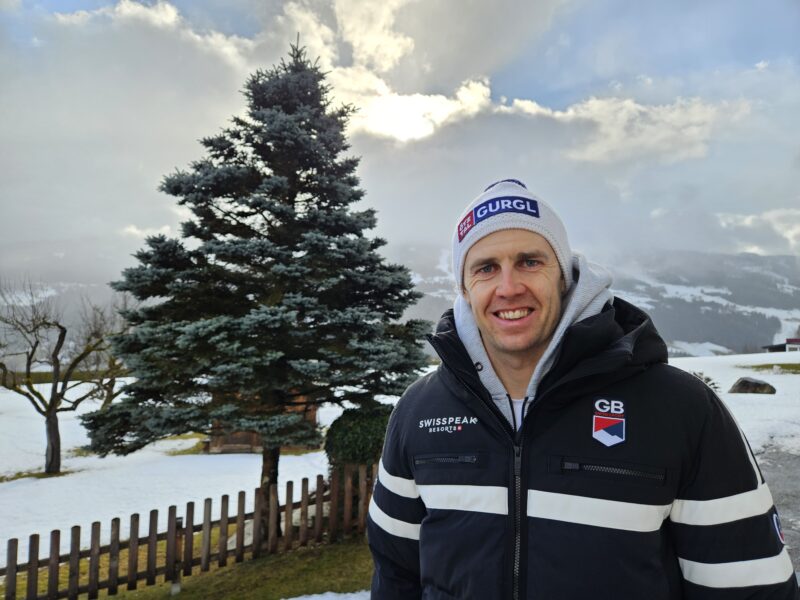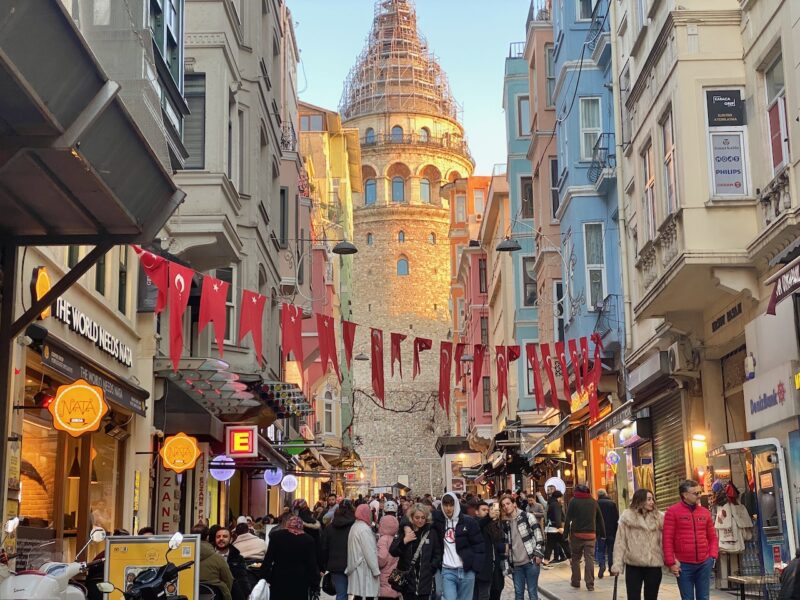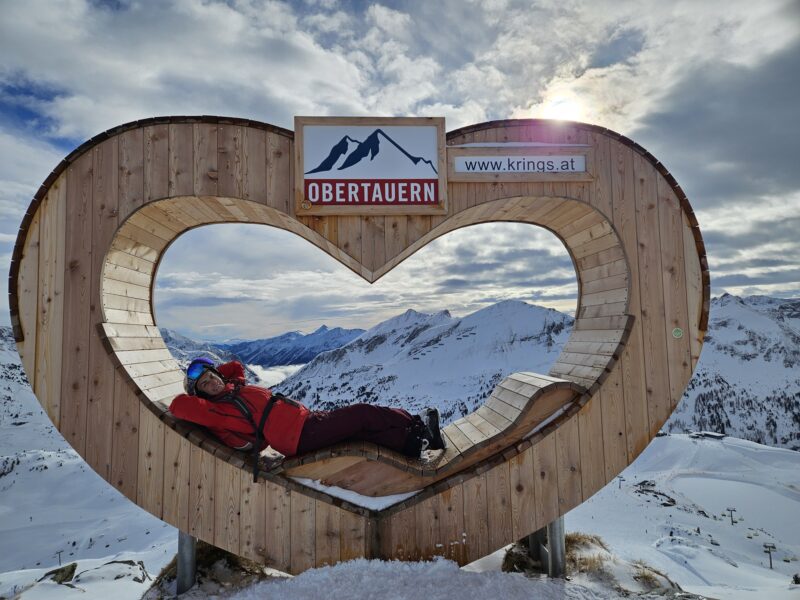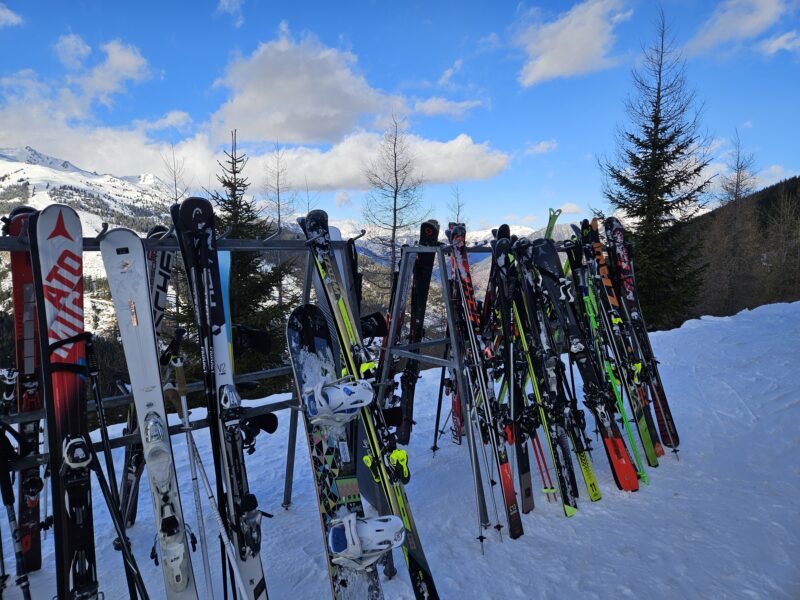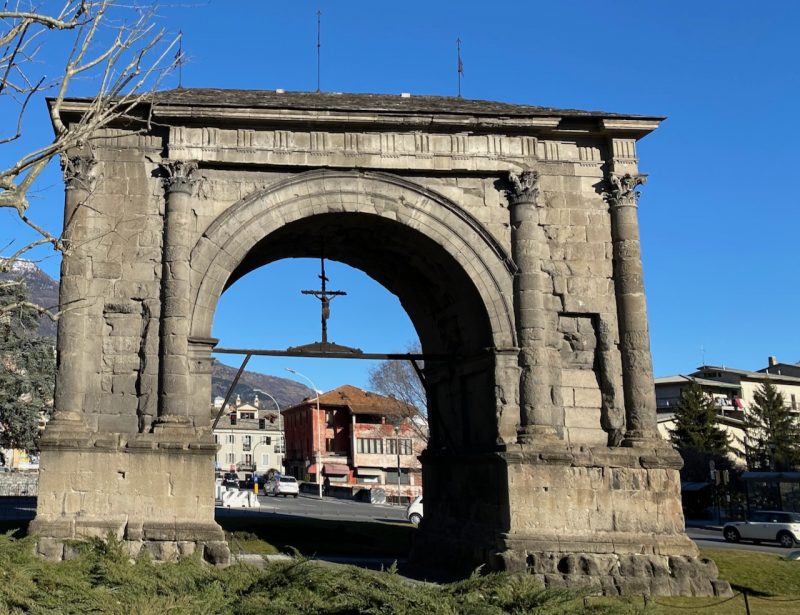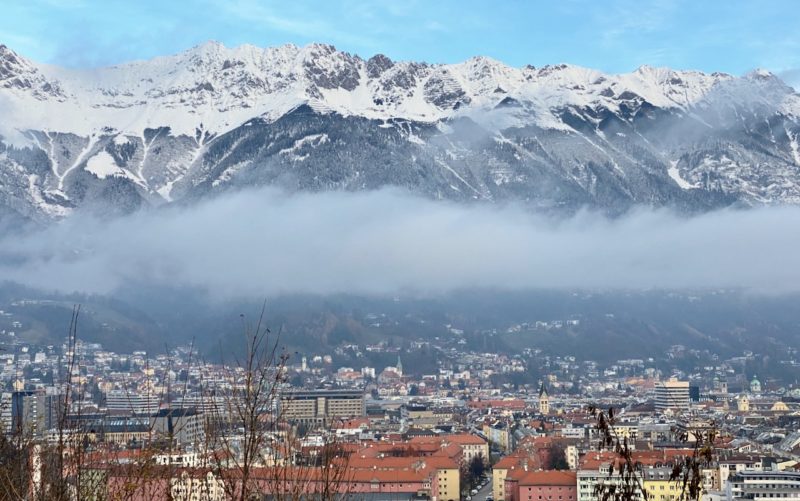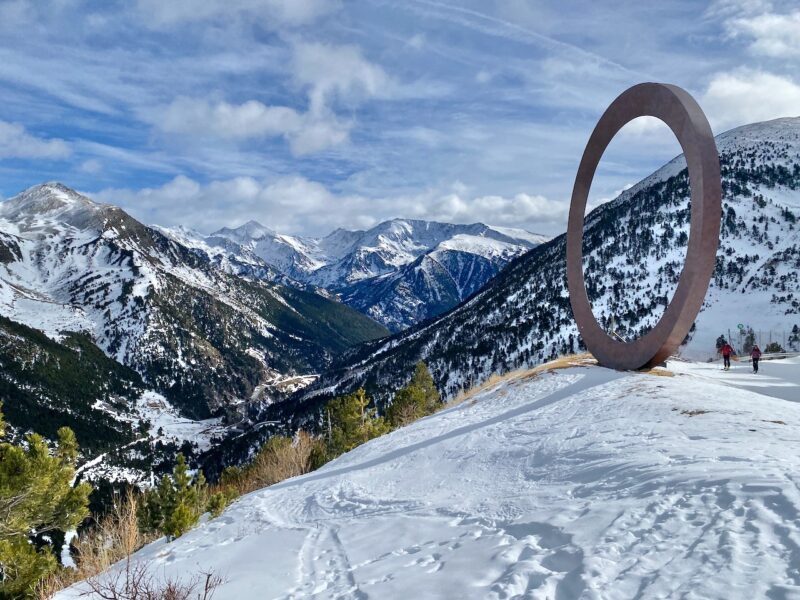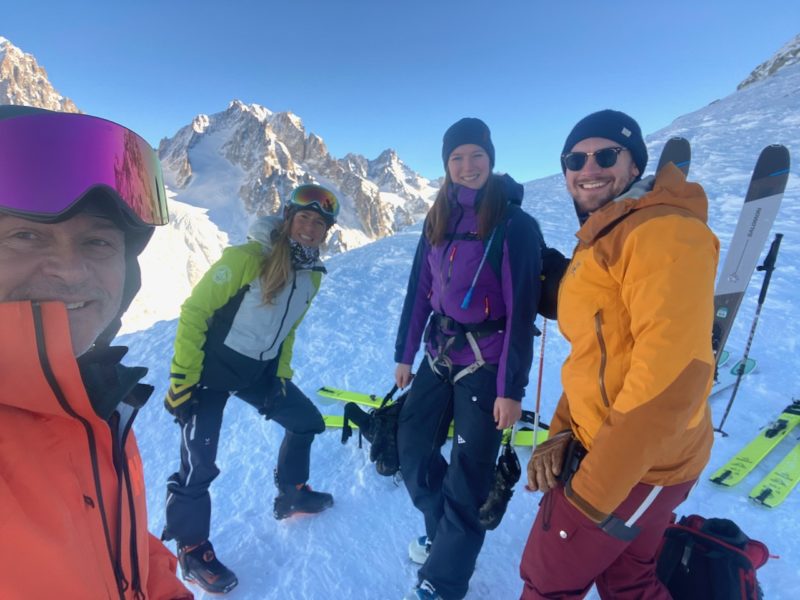Full Extent of Summer Swiss Glacier Melt Revealed
2nd October 2022
Last modified on October 6th, 2022
Switzerland has the most glaciers of any country in Europe. This summer they lost 6% of their size. Several have virtually disappeared with the situation described as ‘disastrous’.
“2022 was a disastrous year for Swiss glaciers: all ice melt records were smashed by the great dearth of snow in winter and continuous heatwaves in summer,” said the Swiss Academy of Sciences.
It drew up its report from data collected by Glamos, the Swiss glacier monitoring network.
It is nearly double the previous record ice loss of 2003.
Over six metres of ice melted this year on the Konkordiaplatz summit in the Great Aletsch Glacier in the south, near the Italian border.
Some small glaciers have virtually vanished:
- Pizol in the east near Liechtenstein,
- Vadret dal Corvatsch near St Moritz in the southeast,
- Schwarzbachfirn in central Switzerland
There was a lack of winter snow, little summer snow and very high temperatures.
Another factor was a sandstorm from the Sahara in March that left particles of sand in the snow and ice that led to more heat from the sun being absorbed.

Sahara sand in the Alps. Image © PlanetSKI
The latest report follows a study released in August that said Switzerland’s 1,400 glaciers have lost more than half their total volume since the early 1930s.

Mont Fort glacier, Verbier. Image © PlanetSKI
Temperatures in the Alps are rising by twice the global average with the outlook looking bleak.
The glacier ski areas in Switzerland were closed to the general public.
Efforts are being made in Switzerland to fight the situation.
The government has agreed a CHF3.2 billion (£2.93 billion) climate action package.
The money will be spent on several initiative:
- Subsidising a network of alpine photovoltaic plants.
- The replacement of fossil fuel heating systems with sustainable alternatives.
- The insulation and renovation of buildings.
The Glacier Initiative committee, that had wanted to ban the use of fosil fuel, said the plan would ensure that “effective and rapid climate protection can be realised in Switzerland”.
Some fear the days of summer skiing on glaciers are numbered.
If greenhouse gas emissions continue to rise the glaciers in the Alps are forecast to lose more than 80% of their mass by the end of the 21st century.
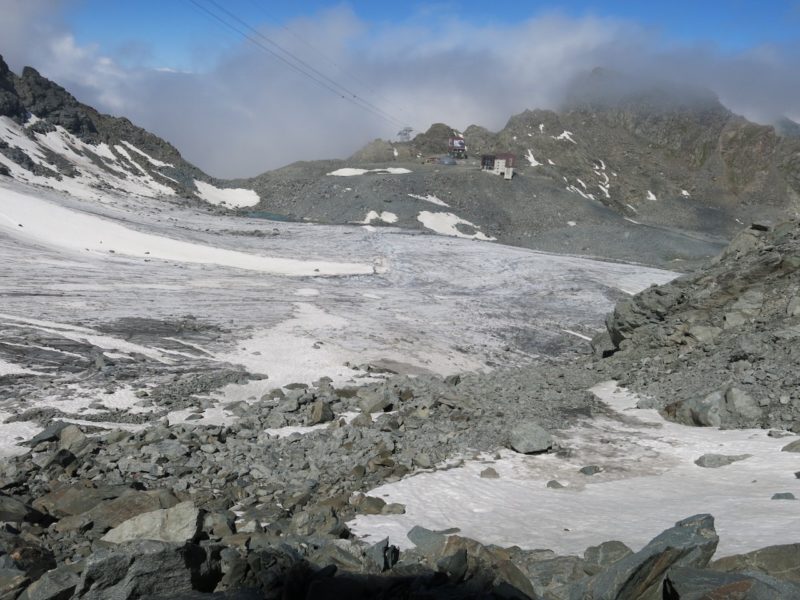
Mont Fort glacier, Switzerland. Image © PlanetSKI
Related Articles:
- Climate change impacts adventure sports in the mountains
- Warnings of further glacier collapses as climate change makes mountains unstable
- Fresh warnings on alpine snow levels
- Austrian glaciers set to melt by end of the century
- Skiing, snowboarding and sustainability

PlanetSKI logo

